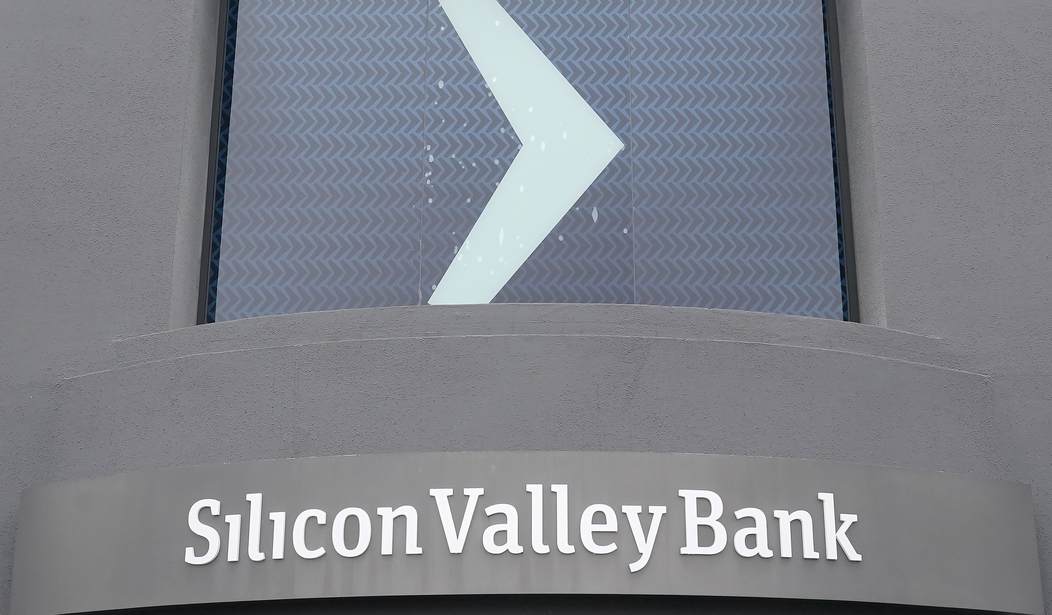On March 10, Silicon Valley Bank suffered a historic collapse, which briefly spiraled into a small financial crisis that took down two other banks. Two weeks later, a new buyer steps in as the largest regional bank in the U.S. acquires the Santa Clara bank.
First Citizens Bancshares Inc. has bought large pieces of Silicon Valley Bank, according to the FDIC – a move which moves them into the Top 25 banks in the U.S.
Via the Wall Street Journal:
The purchase includes $119 billion in deposits and about $72 billion of SVB’s loans at a discount of $16.5 billion. Some $90 billion of SVB’s securities will remain in receivership.
Regulators took control of Santa Clara, Calif.-based SVB on March 10. The collapse sparked a panic that led to the weekend failure of Signature Bank and a dramatic intervention by financial regulators aimed at easing fears that depositors would flee smaller lenders.
The sale represents a milestone in regulatory efforts to clean up after two of the largest bank failures in history, at a time when investors are on edge about the health of the global financial system.
[…]
The FDIC agreed to share any of First Citizens’ losses or potential gains on SVB’s commercial loans. Overall, the FDIC estimated the failure of SVB will cost a federal insurance fund it oversees about $20 billion, or roughly 10% of the bank’s assets before its failure.
SVB’s collapse appears to be traceable largely to risky business practices – some of which federal regulators knew about well in advance – combined with a run on deposits as rising interest rates forced tech companies to withdraw cash the bank no longer had.
The fallout from the collapse spiraled into a collapse of New York’s Signature Bank (which the FDIC also took over two weeks ago) and a near-collapse of First Republic (another tech-aligned bank). In the wake of Signature Bank’s collapse, the federal regulators chose to back uninsured depositors of Signature and Silicon Valley Banks, in an attempt to assuage the fears of depositors at other banks.
The markets have rebounded this morning in light of the news, signaling Wall Street is more confident in the financial sector. However, smaller financial institutions are still facing a confidence crisis, according to the above Wall Street Journal story:
At the same time, deposits continue to depart smaller U.S. banks following a surge in inflows during the Covid-19 pandemic. The outflows are going in part to the largest U.S. lenders, many of which are viewed as enjoying implicit government backing. The outflows also reflect, in part, the higher rates offered by money-market funds and short-term Treasury debt as the Federal Reserve has sharply raised interest rates in a bid to quell high inflation.
The big question, however, is how these financial moves might impact the Federal Reserve going forward. Despite warnings from Wall Street that such a move could be disastrous, the Federal Reserve Board voted to increase the interest rate by 25 basis points (0.25 percent), continuing with its goal of bringing inflation down to 2 percent.













Join the conversation as a VIP Member